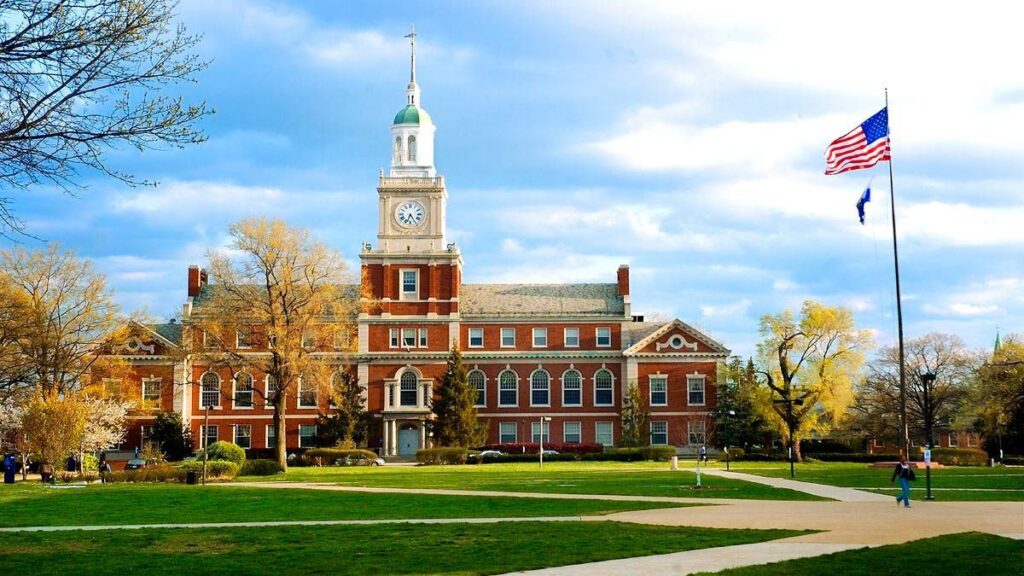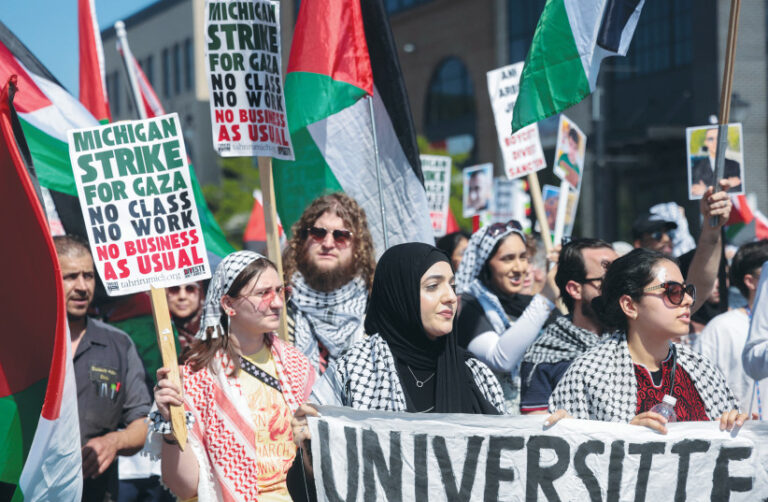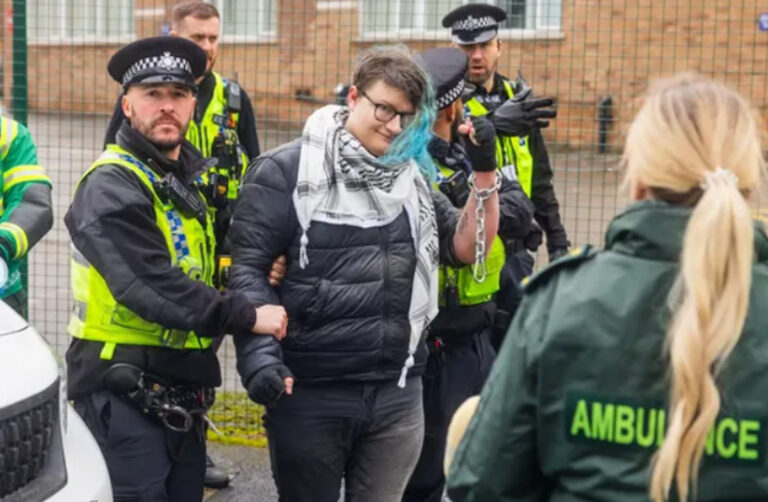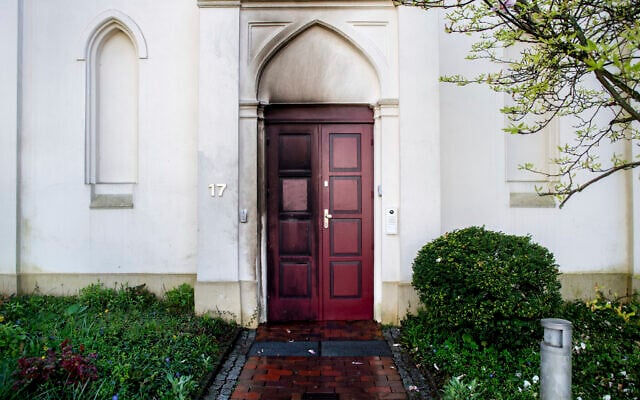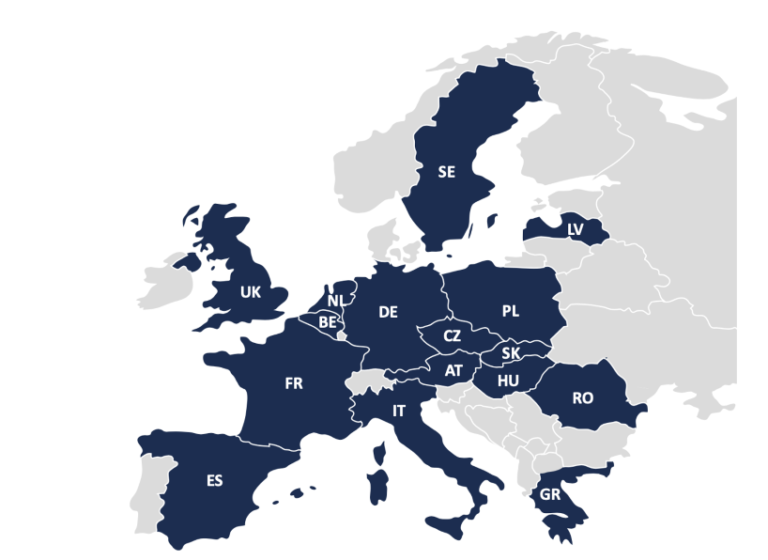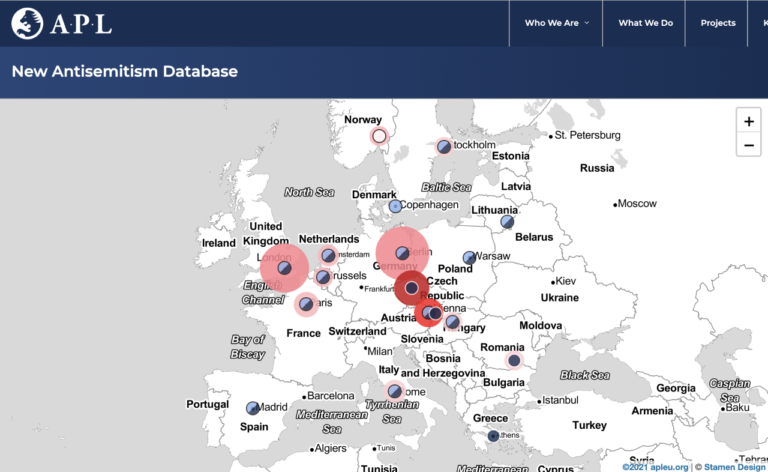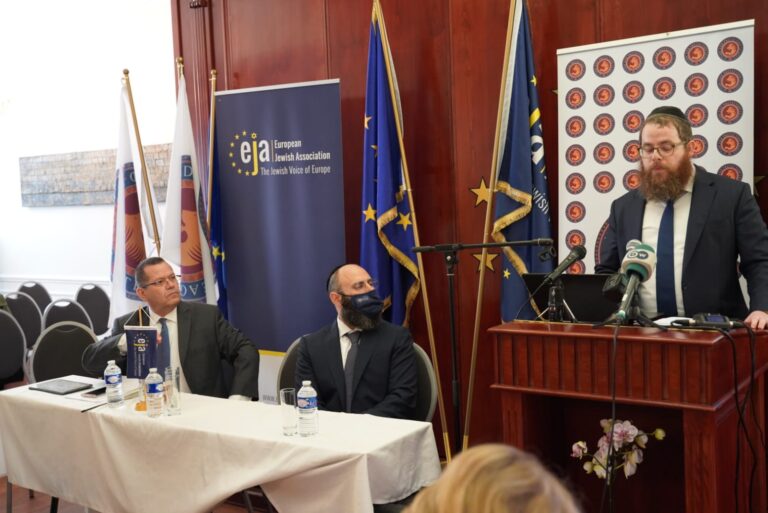Over the past year, college campuses saw a significant rise in antisemitism, with Jewish students experiencing incidents and having to suppress their Jewish identity.
Several Jewish experts and advocates claim that due to the lack of action from university administration, Jewish students have been experiencing an enormous spike in antisemitism over the past year at college campuses.
According to a report from the AMCHA Initiative, a pro-Israel college campus organisation, compared to the 2020-2021 school year, in the course of the last two terms, threats to Jewish identity on college campuses have doubled, while incidents of suppression of Jewish identity almost tripled. Experts claim that the attempts to remove Israel from Jewish identity on college campuses are at the root of the spike.
Tammi Rossman-Benjamin, director of AMCHA, said that regarding antisemitism at campuses, the last few years had been unprecedented. „What we found, and what was really frightening to us [when thinking] about what this means in the future, there is a real attack on those Jewish students who support Israel and who feel that is a very important part of their identity,” she noted.
Thom Waye, Chief Strategy Officer of Chabad on Campus International (CCI), claims that while antisemitism is not new, social media has created a „hockey stick effect,” which pushed the issue on campus to the forefront.
Many argue that college campuses are a hotbed of antisemitism. AMCHA director Rossman-Benjamin explained that university administrations have continued to push a „redefinition” of the relationship between Israel and Judaism, which leads to discrimination and hatred towards Jewish students.
Following the 2021 Hamas-Israel conflict, university faculties and administrations started to push anti-Zionist and often blatant antisemitic rhetoric on campus.
„We saw 160 departments in over 120 schools across the country actually issue a statement ‘we put our full support behind the Palestinians, and Israel is an apartheid state,'” said Rossman-Benjamin. „Many of the statements supported an academic boycott of Israel.”
CCI Chief Strategy Officer, Waye, disagreed on where to put the blame, emphasising that universities have the best intentions but lack education on the issue.
„Chabad is really focused on trying to live your life through the lens of positivity, so our overall approach to antisemitism is to enable Jewish pride and enable students to understand their history enough that when they are on campus, they embrace their right to self-identification and self-determination.”
In December 2022, the AMCHA organisation released a report which found that universities fail to protect Jewish students since they do not belong to a „protected minority” group. The report showed that less than 40% of schools define harassment as „conduct that limited, interfered with, or impaired a student’s ability to participate in campus life.”
In 2022, many schools were scrutinised for failing to protect their Jewish students. For example, at Harvard University, a pro-Palestine student group was allowed to host „Israel Apartheid Week” during the celebration of the Jewish holiday of Passover. The University of California Berkeley Law School is currently under investigation after multiple student groups passed bylaws prohibiting pro-Israel speakers from their chapters. Two Jewish students at the State University of New York at New Paltz were kicked out of a campus survivor group after other members found out the Jewish students supported Israel.
StopAntisemitism (SA), a non-partisan organisation fighting antisemitism, released its annual college report for 2022 and found that 72% of students felt the administration did not take concerns about antisemitism seriously, while 73% admitted to hiding their Jewish identity on campus out of fear for their safety.
Rossman-Benjamin said that a major shift has to happen to find success in fighting rising antisemitism on university campuses. „Ultimately, this is only going to happen if we get out of this identity trap where we only address things if they are directed at students who are considered a part of a protected identity group.”
